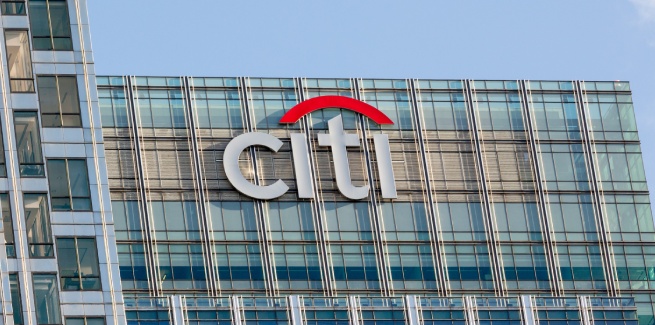The Australian Prudential Regulation Authority (APRA) has revoked Citigroup Pty Limited’s (CPL) authorised deposit-taking institution (ADI) licence under the Banking Act 1959, following a request from Citi to do so.
The regulator noted that the determination to revoke the licence came following the acquisition of Citi’s consumer banking business by National Australia Bank Limited (NAB) last month.
With the $1.2 billion sale having completed, Citi’s Australian banking assets and liabilities had been transferred to NAB – meaning that a separate banking licence was, in effect, redundant.
The revocation of CPL’s ADI licence was effective as of yesterday (30 June).
The removal of the banking licence has no impact on the consumer business, now owned by NAB.
In a statement, Citi noted the revocation – which it itself had requested – had taken effect.
However, it added that CPL continues to be licensed by the Australian Securities and Investments Commission (ASIC) and holds an Australian Financial Services Licence (AFSL) and an Australian Credit Licence (ACL).
“Citi continues to provide a comprehensive range of advisory and financial services to corporates, banks, governments and institutional investors through CPL, Citigroup Global Markets Australia Pty Limited and Citibank N.A., Sydney Branch,” it highlighted.
Background to the Citi-NAB deal
In early June, the sale of Citi’s Australian consumer bank was finalised.
The major bank first reached the agreement with Citi in August last year, securing its home loan portfolio, unsecured lending business, retail deposits business and the private wealth management segment.
While NAB will continue to operate the Citi consumer business on a standalone basis for now, full integration is expected to occur over the next two to three years.
NAB has established a dedicated integration team to manage the transition of the Citi consumer bank into its personal banking division and the subsequent integration of both businesses.
NAB has also promised to give customers warning on any potential changes to products and the NAB service offering, adding that Citigroup consumer business customers will continue to use their Citigroup app, card and services.
When Citi is fully integrated, its customers will have access to NAB’s branch footprint, banking app and digital capabilities.
Speaking last month, NAB chief executive Ross McEwan said: “The acquisition of the Citigroup Consumer Business supports our ambition to build a leading personal bank with a simpler, more digital experience.
“We have good momentum in our Personal Banking division, driven by our aim to be simpler and more digital for customers and colleagues.
“We welcome our new Citigroup colleagues to NAB. They bring deep banking expertise and insights into how customers’ needs continue to change.
“This will enable us to create more innovative, simple and digital products and services for customers, particularly in unsecured lending and supporting business partners with white label products.”
Challenger banks dwindle in number
Citi becomes the latest bank to have handed back its banking licence in the past year.
Earlier this week, Volt Bank surprised many by announcing it would be returning its banking licence and closing its deposit-taking business.
The neo-lender was the first Australian bank to be granted a restricted ADI (RADI) licence (designed to encourage banking competition), but had been unsuccessful in raising sufficient additional funds to support the business.
Another RADI also recently closed up shop. The now-shuttered Xinja Bank also handed back its licence after it completed its return of customer deposits and transferred the remaining tail of deposits to National Australia Bank (NAB) after making the shock announcement that it would hand back its banking licence and cease offering banking products.
Similarly to Volt, Xinja had been unable to take a mortgage product to full launch, instead paying out interest on savings accounts, rather than charging it to home loan borrowers.
Other challenger banks have been subsumed into other larger banks. Like Citi, Members Equity Bank Limited (ME Bank) requested a revocation of its licence following the completion of BOQ’s acquisition of the bank in July 2021, while neobank 86 400 handed back its licence in December following its acquisition by National Australia Bank Limited (NAB) in May 2021.
Foreign lenders have also pulled out of the Australian market recently.
Investec Bank plc (Investec), which was first granted its banking licence in 2019, had been operating in Australia for more than 20 years as a non-bank subsidiary of its parent group, providing advice and capital to companies in the resources, power, infrastructure and property sectors.
However, it has since pulled out of the Australian market.
[Related: Volt Bank to exit banking industry]
 ;
;
Comments (0)